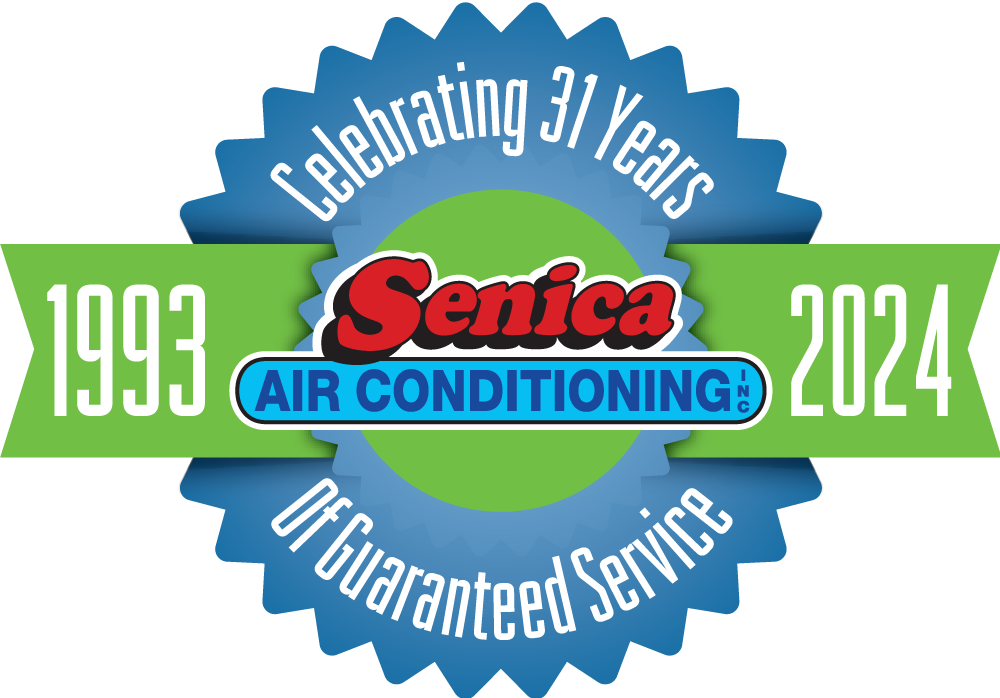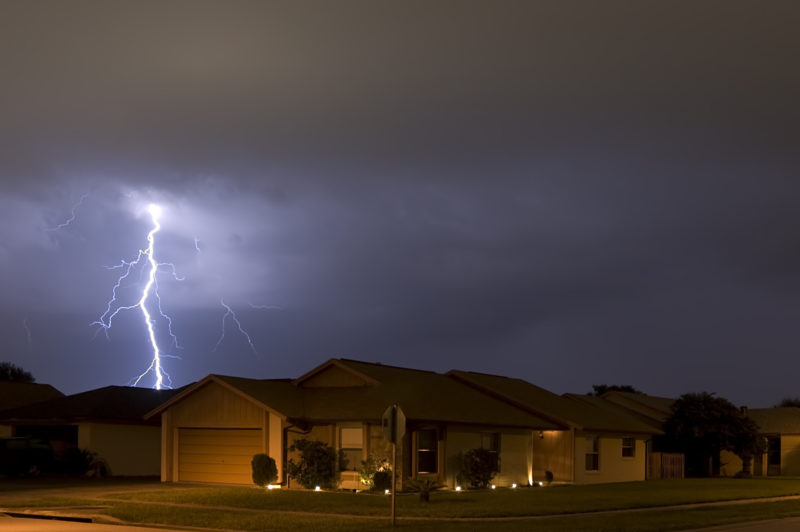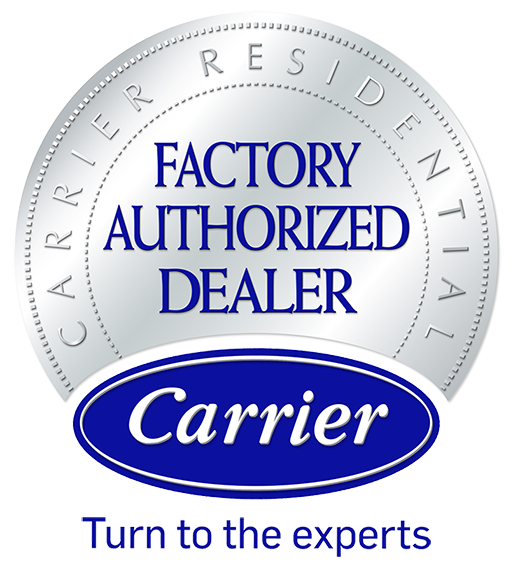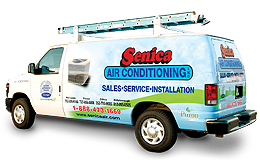Thunderstorms, tropical storms, and hurricanes in Spring Hill, Florida, can damage trees, break outdoor furniture, and even harm your HVAC system. A problem with your system can waste energy, lead to an inconvenient breakdown, or force you to replace your air conditioner. To protect your air conditioning system from bad weather, read our suggestions below.
Cover Your Outdoor Unit
Before storms, have hail guards installed. Impacts from hail can cause major damage to the fins and the refrigerant coil of your outdoor unit. Hail guards are made of thick metal mesh, so they can stay in place all year and still allow efficient heating and cooling. Many have hinges, so experienced professionals like the ones at Senica Air Conditioning, Inc. can remove them easily to maintain your unit.
Also, keep lawn chairs, toys, decorations, and other objects that could be tossed around by strong winds away from the area. Trim the branches on any trees nearby so they can’t fall on your unit or shed leaves or pine needles. That way, you won’t have to clean it as much or worry about expensive damages.
Shut Off Your HVAC System
If you hear about bad weather from the news you may want to consider using your thermostat to turn off your HVAC system and then cut power at your circuit breaker. This lowers the risk of power surges from nearby lightning strikes, damaged transformers, or when the power comes back on after an outage. You should leave your system off for at least five minutes after a power outage to prevent damage from power fluctuations as the rest of the appliances in your home come back online.
For even better surge protection, ask a professional to install a surge protector at your circuit breaker box for your unit. This will protect your unit from strong surges associated with storms and power outages as well as weaker, everyday surges that can damage your system over time. It also prevents damage if there’s a storm while you’re at work or on vacation in another city.
Protect Wires
To prevent dangerous shorts, make sure any wires that are between your outdoor HVAC unit and your home are secured and covered. Even insulated wires will deteriorate over time from exposure to the sun and temperature changes.
Anchor Your Unit on a Concrete Pad
A concrete base or footer should support this heavy appliance, and higher bases will protect it from flood water. Most footers are either flush with the ground’s surface or a few inches higher, but you can have a base that’s several feet tall installed. Ask your HVAC contractor what the best height for a base would be in your area.
For extra protection, make sure downspouts are far away from your system. The land around it should be sloped for the best drainage. A stone or concrete wall also provides protection from floods. It adds shade and protects it from strong winds as well. A wooden fence or a trellis will be less expensive, but it won’t offer as much protection. You can also have a roof or awning built over your unit for more shade and protection from debris like grass clippings, leaves, and twigs. This saves energy, prevents inconvenient, expensive breakdowns, and extends your HVAC system’s life.
Senica Air Conditioning, Inc. has more than 20 years of HVAC experience, and we can help you install, maintain, and repair a variety of heating and air conditioning equipment. Call us at 866-881-5935 for great service from one of our expert technicians.
Image provided by Bigstock




